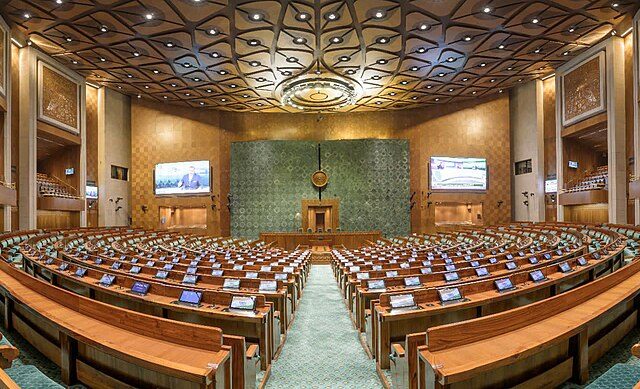The Israeli Supreme Court ruled on Wednesday to delay the applicability of Amendment No. 12 to the Basic Law, calling it an amendment for personal motives and an abuse of the Knesset, the legislature of Israel.In the Supreme Court verdict for the case of Movement for Quality Government in Israel v Knesset, a majority of judges, six out of 11 judges, declared that the implementation of Amendment No. 12 to the Basic Law should be postponed. This amendment, enacted in March 2023, modified the rules for appointing the Prime Minister, specifically addressing issues of “physical or mental incapacity” and protecting the position from mandatory recusals.The majority opinion argued that the amendment was enacted for personal reasons, serving the interests of incumbent Prime Minister Benjamin Netanyahu and attempting to circumvent legal limitations amid ongoing criminal proceedings against him. The judges noted that the amendment’s personal nature was evident in the timing of its introduction following petitions for the Prime Minister’s impeachment. The ruling emphasized the abuse of the Knesset’s founding authority, concluding that the appropriate remedy is to delay the amendment’s enforcement.However, a minority of judges disagreed, arguing that the amendment served the general purpose of establishing a framework for removing a Prime Minister. They distinguished between the motive behind the amendment and its intended purpose. The dissenting judges, in contrast to the majority, suggested that if abuse of the constituent authority was recognized, it should lead to transforming the Basic Law into an ordinary law rather than postponing its applicability.The ruling comes after the Supreme Court overturned a key component of Prime Minister Benjamin Netanyahu’s judicial reform law, which aimed to prevent judges from annulling government decisions deemed “extremely unreasonable.” The law, passed in July 2023 after extensive debate and protests, faced widespread opposition, leading to demonstrations, military threats, and international condemnation. The fifteen-justice panel voted eight to seven to strike down the law, with concerns that it would undermine Israel’s democratic standing. Justice Minister Yariv Levin criticized the decision, accusing the court of consolidating powers meant to be divided among the three branches of government.The rulings may have broader implications for the ongoing Israel-Hamas War and escalating violence in the West Bank, as the court’s independence is crucial in safeguarding human rights and democracy. The Israeli Civil Rights Association, representing 38 human rights organizations, also emphasized their commitment to protecting the court’s independence in the face of ongoing challenges.




The Most Read
Сryptocurrencies
Bitcoin and Altcoins Trading Near Make-or-Break Levels
Financial crimes
Thieves targeted crypto execs and threatened their families in wide-ranging scheme
Financial crimes
Visa Warning: Hackers Ramp Up Card Stealing Attacks At Gas Stations
News
Capitalism is having an identity crisis – but it is still the best system
Uncategorized
The 73-year-old Vietnamese refugee is responsible for bringing Sriracha to American consumers
Uncategorized
Electric Truckmaker Rivian, Backed By Amazon, Ford, Raises Whopping $1.3 Billion